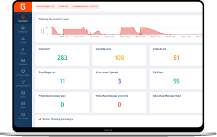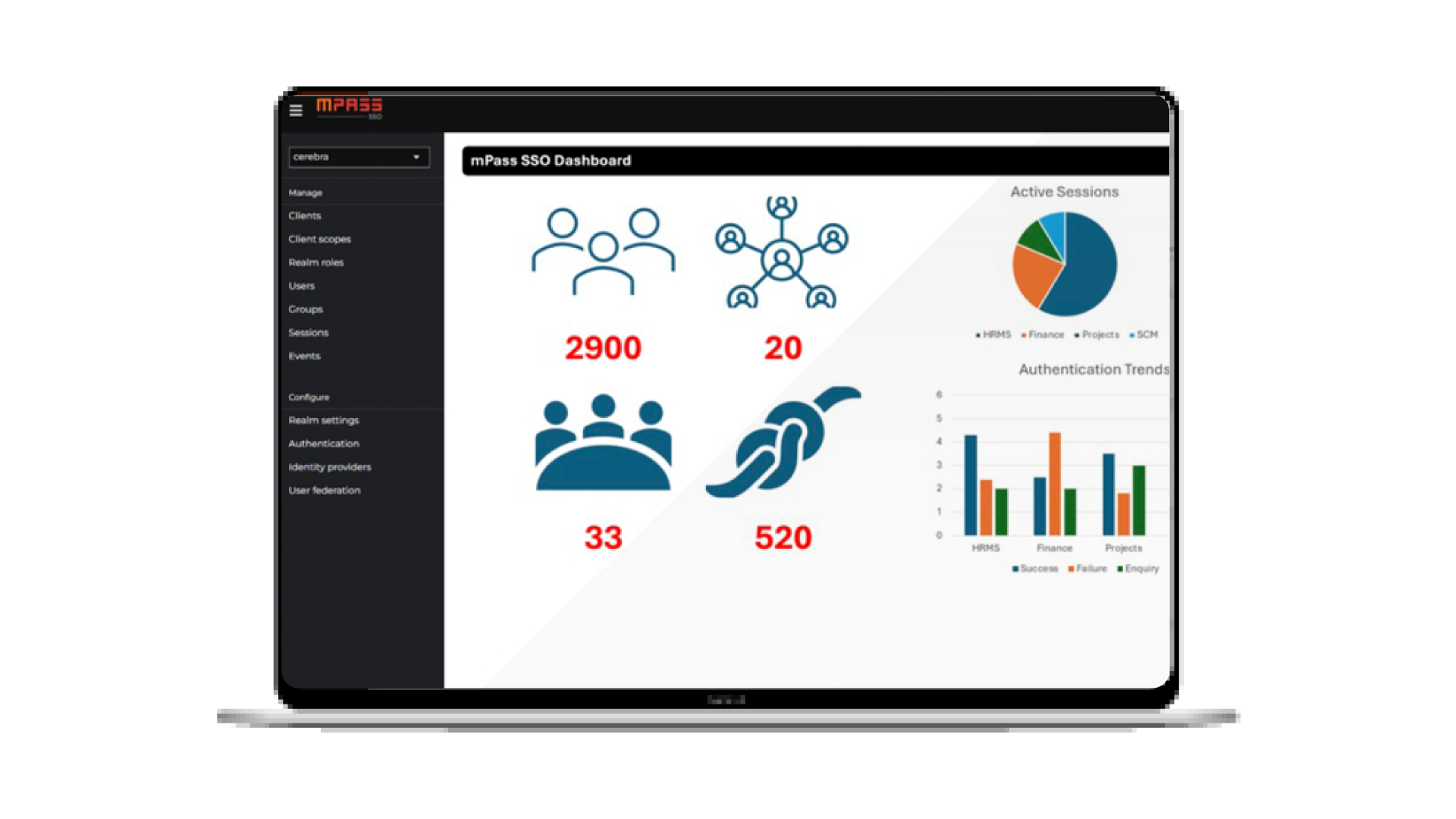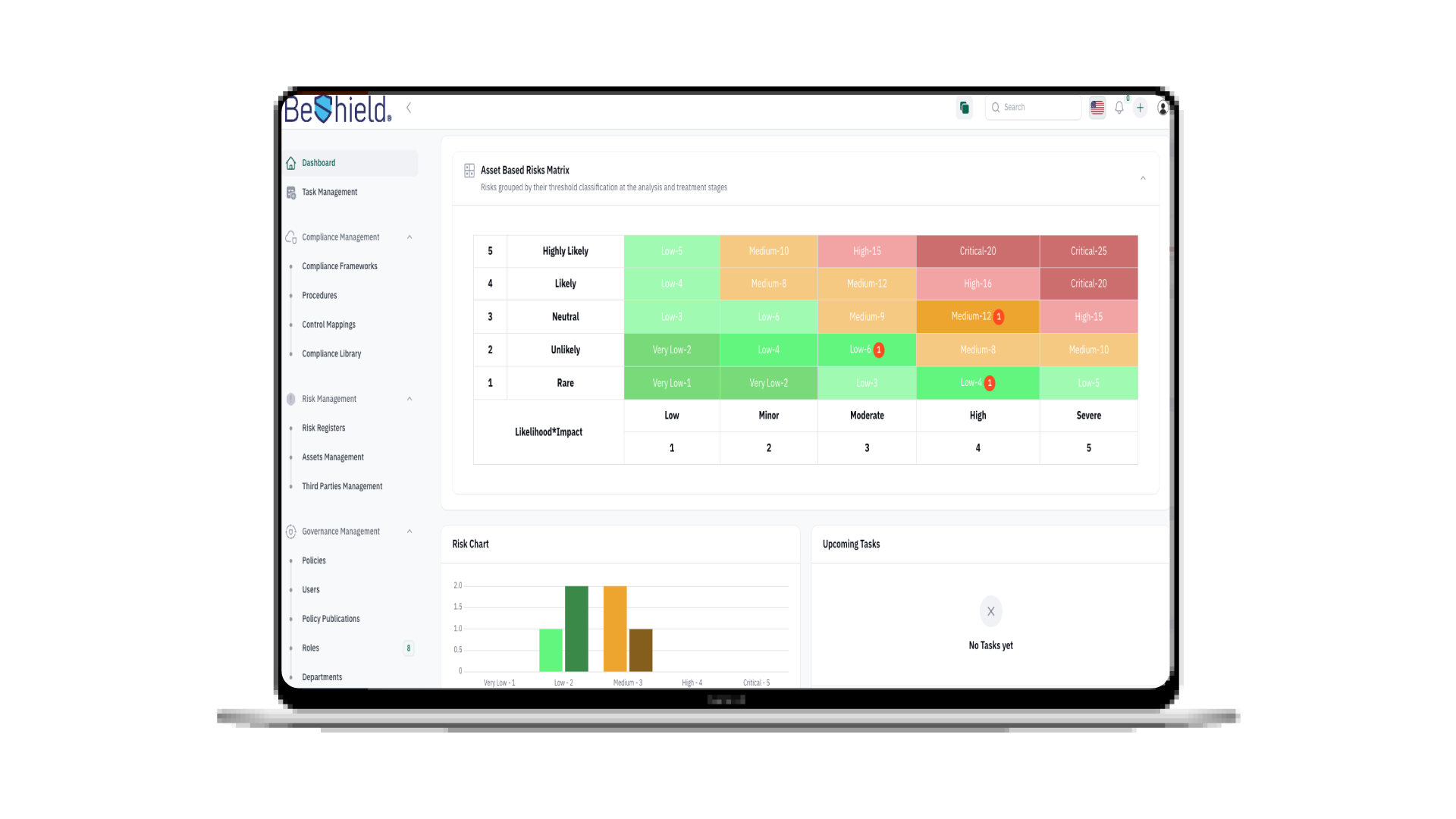ECC & SAMA Compliance with MFA solution
Do you know that there are a great MFA solutions in market today help your organization for ECC & SAMA Compliance? this article will show you how and we will provide you the most incredible MFA solution help to comply with Cybersecurity regulation in KSA..
With the world of cyber threats becoming more intense than ever, organizations need to comprehend the need for an improved cybersecurity framework. The universal goal is to protect the organization’s network from any outsider or insider threats, especially with the addition of remote work resulting from the COVID-19 pandemic. Not to mention the recent rise in online fraud, which largely stems from phishing attacks in financial and e-commerce transactions.

Being dependent solely on usernames and passwords to secure access and data is outdated, as 61% of organizations’ data breaches were a result of stolen employee credentials. Traditional methods are not capable anymore of achieving efficient results in securing an organization’s infrastructure.
Employees who are now working remotely, are accessing data and servers from different locations and using personal devices, which results in less visibility and control of user access activity.
As the name suggests, Zero Trust approach treats every activity as a hostile attempt. Meaning it requires authentication and authorization for all users and devices, whether they are inside or outside the organization’s network perimeter, to access servers, applications, and data. To enable this digital transformation, multi-factor authentication (MFA) is a crucial component of this architecture.
How can MFA help in ECC & SAMA Compliance?
Multi-factor authentication (MFA) is now considered the new firewall, where it adds an extra layer of protection to your IT infrastructure. MFA is a verification approach that requests multiple types of authentications before the user gains access to the intended data. Such verification can be done either by entering a one-time code received by email, SMS, or push notifications, approving access from an MFA application, or through biometrics. Each of these MFA requests are only valid for a single session, making it difficult to impersonate a trusted device, identity, or network.
MFA can also help in increasing the trust level between machines and systems. For instance, by using Geolocation information the authentication system can identify if the access request is malicious. For example, if a user logs in to systems from an unfamiliar country other than where the user usually logs in from, it will block that attempt.
With remote work and cloud servers becoming the prime focus of organizations, this emphasized the necessity for a secure work environment. And with the Zero Trust approach, organizations can protect all user and device connections across their network, including IoT, and secure all connections within cloud servers to ensure that only authorized users and secure devices can access them.
There are countries that have made securing their digital assets a priority, and Saudi Arabia is one of them.
Saudi Arabia Cybersecurity Compliance (ECC & SAMA Compliance)
In Saudi Arabia, and as part of the Saudi Vision 2030, where the government is actively pushing to become a digitized society, regulators such as the Saudi National Cybersecurity Authority (NCA) and The Central Bank (SAMA) have developed cybersecurity compliance frameworks that adopt the Zero Trust model. It can improve trust in electronic services for banking and government.
The Essential Cybersecurity Controls (ECC) from NCA and SAMA Cybersecurity framework (SCF), which are based on industry cybersecurity standards such as ISO and ISF, emphasize the importance of permitting authorization to access the organization’s networks and data based on confirmed and trusted identities. It now mandates critical infrastructures to apply cybersecurity controls such as MFA, Privilege Access Management (PAM), and Identity Access Management (IAM) to achieve compliance.
The kingdom of Saudi Arabia has been ranked second place globally in the cybersecurity index within the World Competitiveness Yearbook (WCY) for 2022. This achievement verifies the effectiveness of the cybersecurity initiatives taken by the Kingdom. And In order to manage and withstand the increasing cyber security threats, organizations must achieve a sufficient level of security, implementing the Cybersecurity Framework is the first step.
As one of the world’s noted cybersecurity experts John Kindervag once said, Never trust; Always verify.
READY TO TAKE THE NEXT STEP?
We at Cerebra can help you achieve ECC and SAMA compliance with our ultimate multi-factor authentication solution mPass and to help you secure your organization’s assets!
Share this article:
Popular
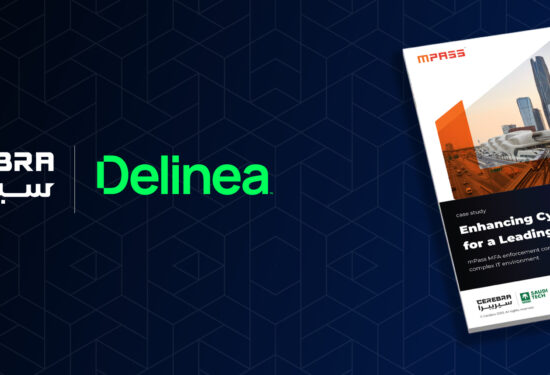
Enhancing Cybersecurity for a Leading Saudi Ministry
A prominent Saudi Arabian ministry has taken significant steps in its digital transformation journey, focusing on strengthening its cybersecurity framework while aligning with the goals of Vision 2030. In the face of challenges like outdated authentication methods, complex access environments, and strict compliance requirements, the ministry embarked on a two-phase solution to address these issues effectively. Phase One: Implementing Cerebra mPass MFA The first phase of the solution introduced Cerebra mPass Multi-Factor Authentication (MFA), designed to offer a more adaptive, user-friendly approach to authentication. This system enables seamless access controls for users while enhancing security through multiple layers of verification. ...
26th May 2025
Revolutionize Enterprise Communication Platform with LinQ2
Revolutionize Enterprise Communication Platform with LinQ2 In today’s fast-paced business environment, enterprise communication platform is the backbone of success. Whether reaching customers, coordinating with employees, or automating notifications, having an effective enterprise communication platform is essential. Cerebra’s LinQ2 stands out as the ultimate solution, offering a multi-channel notification platform tailored for businesses of all sizes. Why Enterprise Communication Platform Is Essential for Business Growth? Efficient enterprise communication platform ensures businesses can stay connected with their customers and teams in real time. Poor communication systems often lead to missed opportunities, customer dissatisfaction, and delays in internal operations. Key Features of LinQ2 ...
11th Mar 2025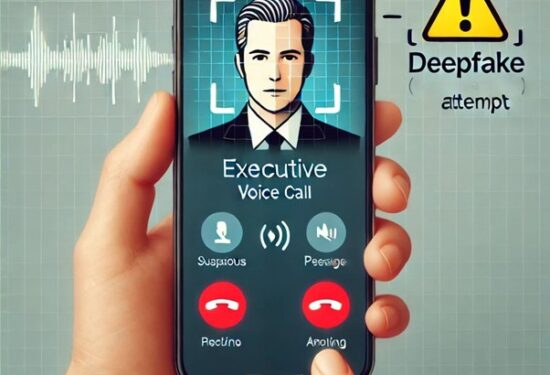
Deepfake in Phishing: Challenges and Solutions
In the era of advanced technologies, especially with the explosive adoption of Large Language Models (LLMs) and Generative Artificial Intelligence (GenAI), deepfake has emerged as one of the most significant challenges in cybersecurity. This technology relies on Artificial Intelligence, specifically deep learning and the use of GenAI, to create fake yet highly realistic content that is difficult to detect. Deepfake serves as a versatile tool spanning applications from entertainment to cybersecurity. However, its misuse can pose severe risks, especially in phishing schemes. What is Deepfake? Synthetic media refers to a technology that leverages deep learning algorithms to create ...
19th Dec 2024
AI Governance: Opportunities and Challenges in Cybersecurity
AI Governance: Opportunities and Challenges in Cybersecurity With the increasing reliance on AI technologies in various fields, AI Governance has become a key factor to ensure system integrity and data protection. This governance plays an essential role in enhancing confidence in modern technology and ensuring that it is used responsibly. It has been almost two years since OpenAI’s ChatGPT went viral, igniting widespread interest in artificial intelligence (AI) and setting off a wave of technological and investment growth in the field. Academic and technical investments in artificial intelligence: The advancements in AI since then have been staggering, with exponential increases ...
14th Nov 2024
Cyber Warfare Unveiled: Tracing the Journey from Espionage to Digital Combat
“Cyber Warfare: From Espionage to War A Journey Through Time” With the massive technological advancements, the boundaries of warfare have expanded to encompass cyberspace, where “cyber warfare” has emerged as an increasingly serious threat to individuals, institutions, and countries. The line between cyber and traditional wars has blurred for a while but recent activities in the region made it clear that cyberwars is becoming a dangerous and can lead to harming humans. In this blog, we will dive into a journey through the world of cyber warfare, seeking to understand its nature, history, impacts, types, evolution, and some solutions to ...
9th Oct 2024
Keeping Our Kids Safe Online
A Guide For Keeping Your Kids Safe Online Parents and all who are concerned about the well-being of our young kids in this digital world. Today we will discuss a topic of utmost importance: digital safety for kids. Yes, the Internet can be a very dangerous place for our young kids , especially with the spread of phishing scams. So, let us dive deeper and present to you, in this comprehensive article, a comprehensive guide on digital safety for kids. What every parent needs to pay attention to. Internet risks for kids: The internet has become a big part of ...
17th Jul 2024
Could you be hacked through Slack?
Could you be hacked through Slack? The usage of collaboration platforms such as Microsoft Teams and Slack has significantly increased, with nearly 80% of employees utilizing them. These platforms are designed to be convenient and easily manageable for daily conversations within organizations. However, what makes them easy and convenient also renders them vulnerable to cyber threats and attacks. In 2021, for instance, 780 gigabytes of data from the gaming giant Electronic Arts (EA) were breached through Slack! During the same year, a security vulnerability in Microsoft Teams was exploited to launch a widespread cyber attack on ...
12th Jun 2024
Tips To Be Cyber Protected While Traveling
Goodbye worry! A safe journey in the digital world With all the modern wonders of the digital world, we trust communication technologies on our journeys. There is no doubt that the travel experience is always more beautiful and enjoyable, but it can also pose a range of risks, especially when it comes to cybersecurity. Travelers may fall victim to phishing, Wi-Fi network spying, and theft of their personal data, which can make their journey filled with worries and tension. With the increasing prevalence of cyber threats, it is essential for travelers to follow some guidelines to protect their devices and ...
1st Apr 2024
Push Authentication: A New Era in Multi-Factor Authentication
Want To Say Goodbye To Passwords and OTP Codes? Discover Push Authentication! It is easy for your password to be compromised through phishing attacks, even if it meets the cybersecurity strong password standards and is difficult to predict So we must get to know the technique of Push based Authentication. Some may recommend that you use Multi-Factor Authentication (MFA) to increase your security. Multi-Factor Authentication (MFA): MFA is the process of logging into your account through multiple steps. It requires you to enter more information, not just your password. But there is another obstacle that arises when using such ...
14th Feb 2024



